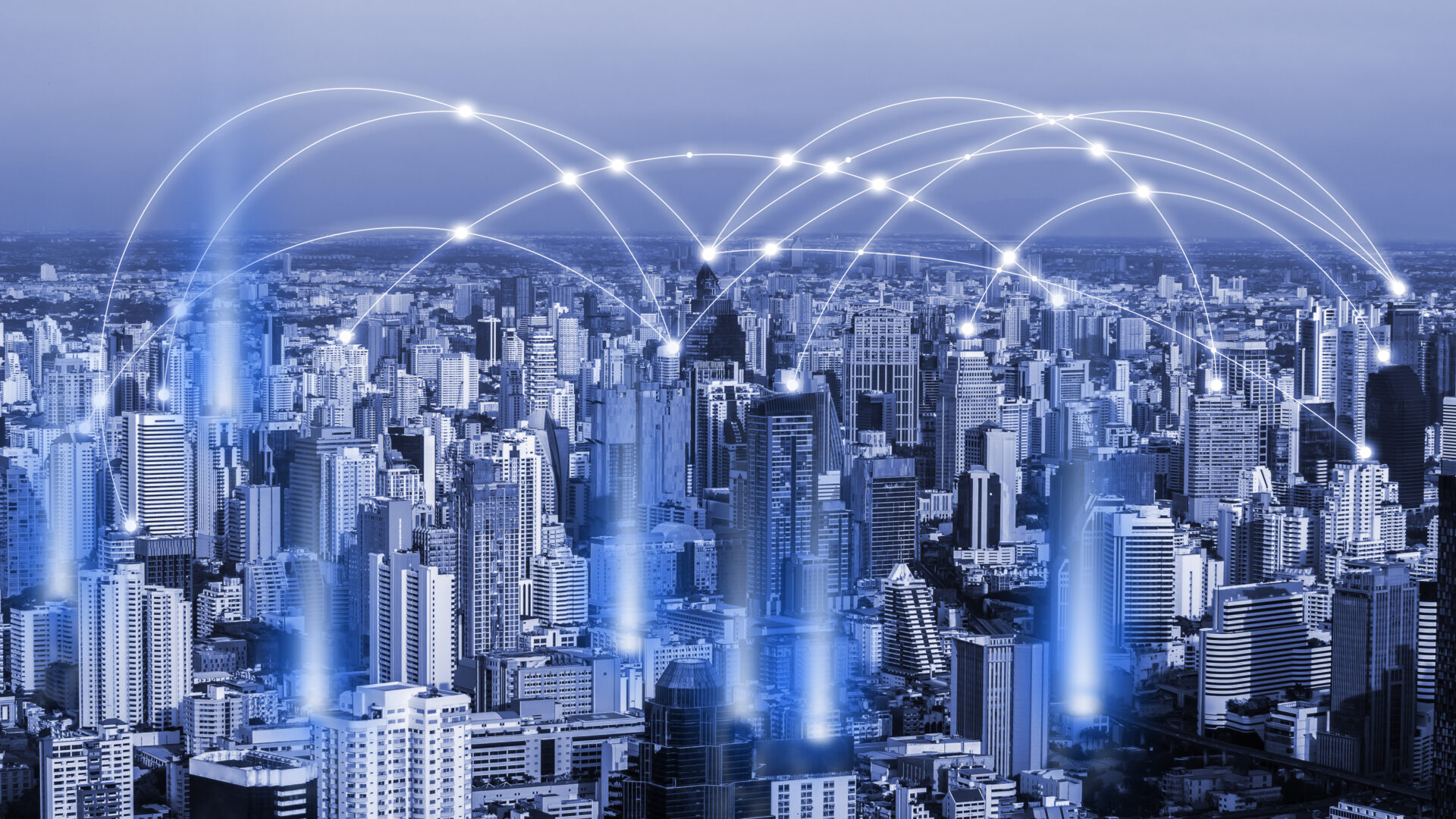5G Technology Transforming Smart City Infrastructure
By Alex Ford

The evolution of wireless technology has been remarkable, with 5G emerging as a pivotal development. More than a mere enhancement in speed and connectivity, 5G is revolutionizing urban planning and development. Smart cities, once a futuristic concept, are increasingly becoming a reality, largely driven by the advancements brought by this technology. The advent of 5G is not only reshaping city landscapes but also enhancing the quality of life for residents. 5G technology’s high speed and connectivity provide the basis for more effective urban services and smarter resource management.
The Fundamentals of 5G Technology
5G represents a significant leap in wireless communication, going beyond just enhanced internet speeds. It introduces three key improvements: increased bandwidth, reduced latency, and higher capacity for simultaneous connections. This combination enables rapid data transmission with minimal delay, even in high-demand situations. For example, in a crowded city event with thousands of people using their devices, 5G ensures uninterrupted connectivity.
5G’s capacity to support a vast array of sensors and devices is crucial for meeting diverse urban requirements. From real-time traffic management to emergency response, 5G’s robust architecture is essential for a well-connected and efficient urban environment. This technology also empowers energy management in cities, enabling smarter electricity grids and sustainable practices, which contribute significantly to reducing the urban carbon footprint and promoting environmental health.
5G in Smart City Applications
The influence of 5G in smart cities is extensive. Its capabilities are perfect for powering IoT networks that are vital for smart city operations. In cities like Seoul, 5G-enabled IoT sensors are used for monitoring air quality and traffic, offering real-time insights to enhance city life.
In transportation, 5G’s rapid data transmission is vital for the operation of autonomous vehicles, as seen in trials in Singapore. For public safety, cities like Chicago are utilizing 5G-connected surveillance systems, benefiting from faster and more dependable data processing. Additionally, this technology is revolutionizing healthcare in cities by enabling telemedicine and remote monitoring, offering quick, reliable medical consultations, and ensuring timely health interventions for urban populations.
Challenges and Future Potential
The implementation of 5G in urban settings faces certain obstacles, such as the need for comprehensive infrastructure like small cell installations. These challenges pose logistical and financial considerations. There are also worries about keeping personal information safe and private, especially because 5G networks deal with a lot of sensitive data.
The future possibilities of 5G in urban transformation are vast. Its impact is comparable to how the internet transformed various industries, such as retail and iGaming. For instance, platforms like 32Red sports betting site have emerged as modern alternatives to traditional bookmakers, exemplifying the significant changes brought about by technological advancements. Similarly, 5G is poised to redefine our urban experiences, leading to smarter, more efficient, and interconnected city living. Development of these technologies will likely bring with it new job opportunities and economic expansion, as well as innovative industries and improved urban services and lifestyles.
